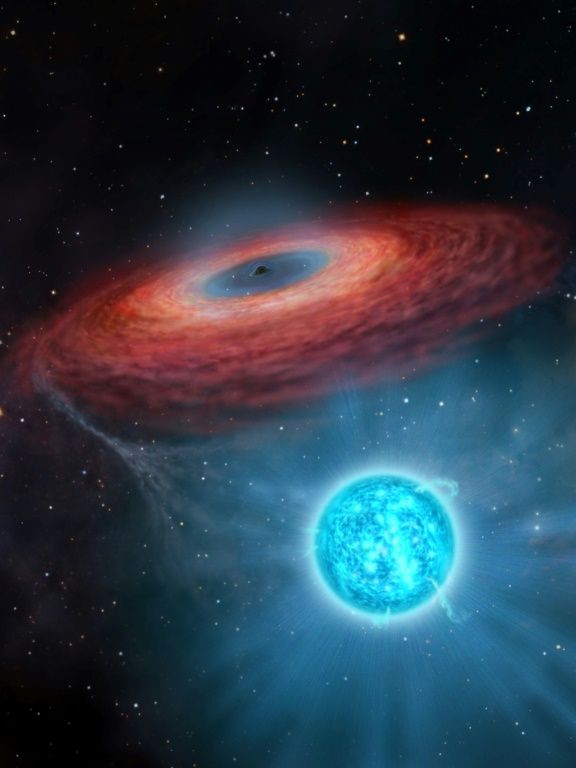Expert Describes Unimaginable Collision Between Earth And A Black Hole

KEY POINTS
- A collision between Earth and a black hole would release unimaginable energy
- The energy from the collision can be determined using a special online calculator
- It would be almost equivalent to the energy consumed by stars if all of them have orbiting planets
A physics expert explained the level of energy that would be released following the collision between Earth and a black hole. He was able to calculate the energy from the potential explosion using an online calculator that computes black hole collisions.
Earlier in October, particle physics student Alvaro Diez from the University of Warsaw launched the Black Hole Collision Calculator. This online tool provides accurate calculations regarding the energy that would be released by massive objects if they fell into a black hole.
According to the calculator, if a cosmic object as massive as Earth gets sucked into a black hole that’s about five times heavier than the Sun, the energy released would be equivalent to 32,204,195,564,497,649,676,480,000,000,000,000 megajoules (MJ).
As noted by Diez, this figure is too much for the human mind to understand.
“The short answer is that there is no way to communicate, visualize or understand such an amount of energy,” he told Express. “The long answer is that I can try to give you some comparisons and see if any helps understand this incomprehensible number.”
Despite this, Diez still attempted to explain just how much energy would be released between the collision of an Earth-sized object and a black hole. He said it would be slightly equivalent to the energy consumed by all stars in the universe if each of them was orbited by an Earth-like planet.
“If every star in the known universe had one Earth orbiting around it just like ours, the energy consumed by all of them during 50 years would be slightly less than the energy released in the collision between Earth and a 5 solar masses black hole,” he explained.
“I don't feel like I can truly wrap my head around it but this is the closest I can get to it,” Diez added.
Currently, the closest black hole to Earth lies within a binary star system known as A0620-00. Aside from this, the galactic center of Earth’s neighborhood Milky Way is home to a supermassive black hole that has been identified as Sagittarius A*. Despite the presence of these black holes, space agencies have confirmed that Earth is not in danger of falling into one anytime soon.
© Copyright IBTimes 2024. All rights reserved.




















